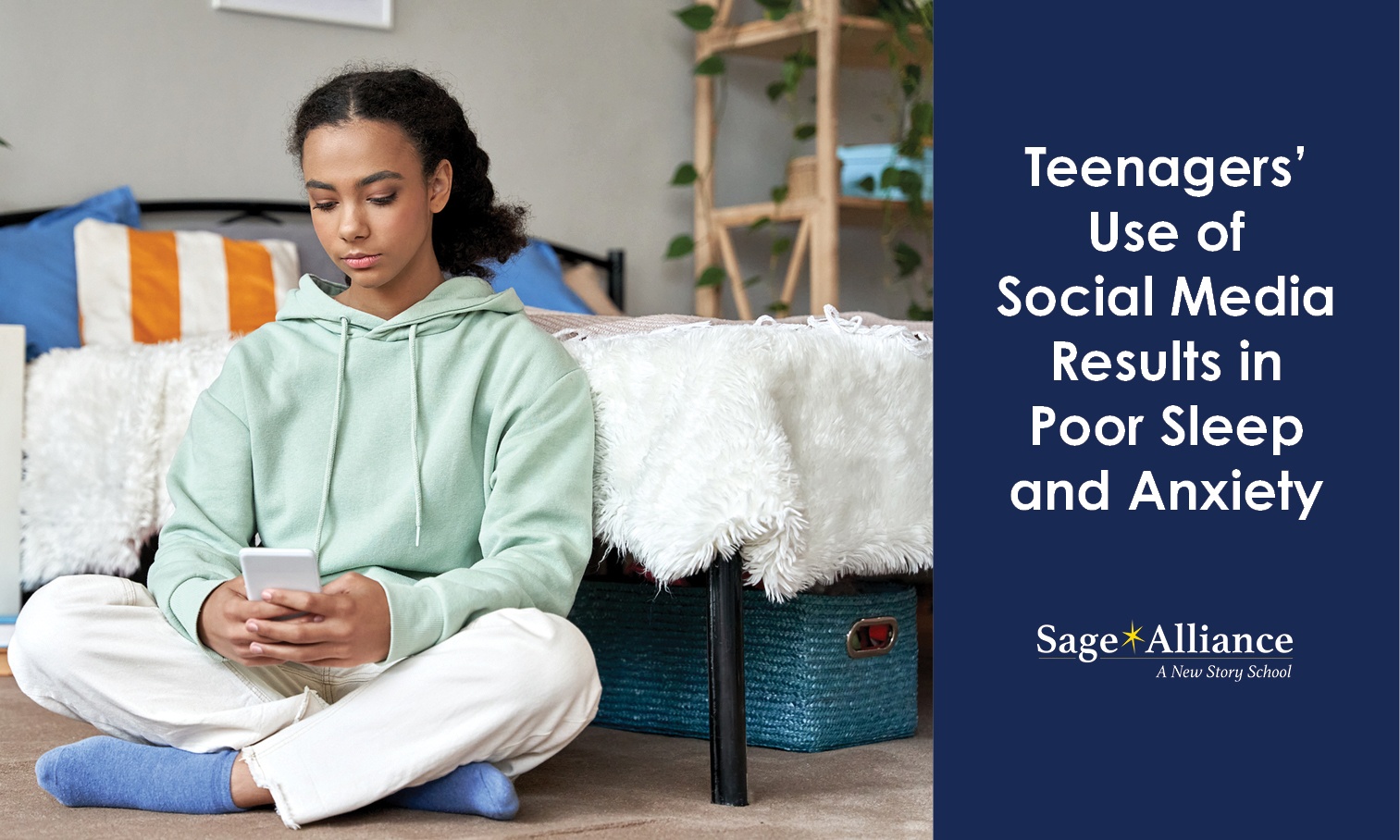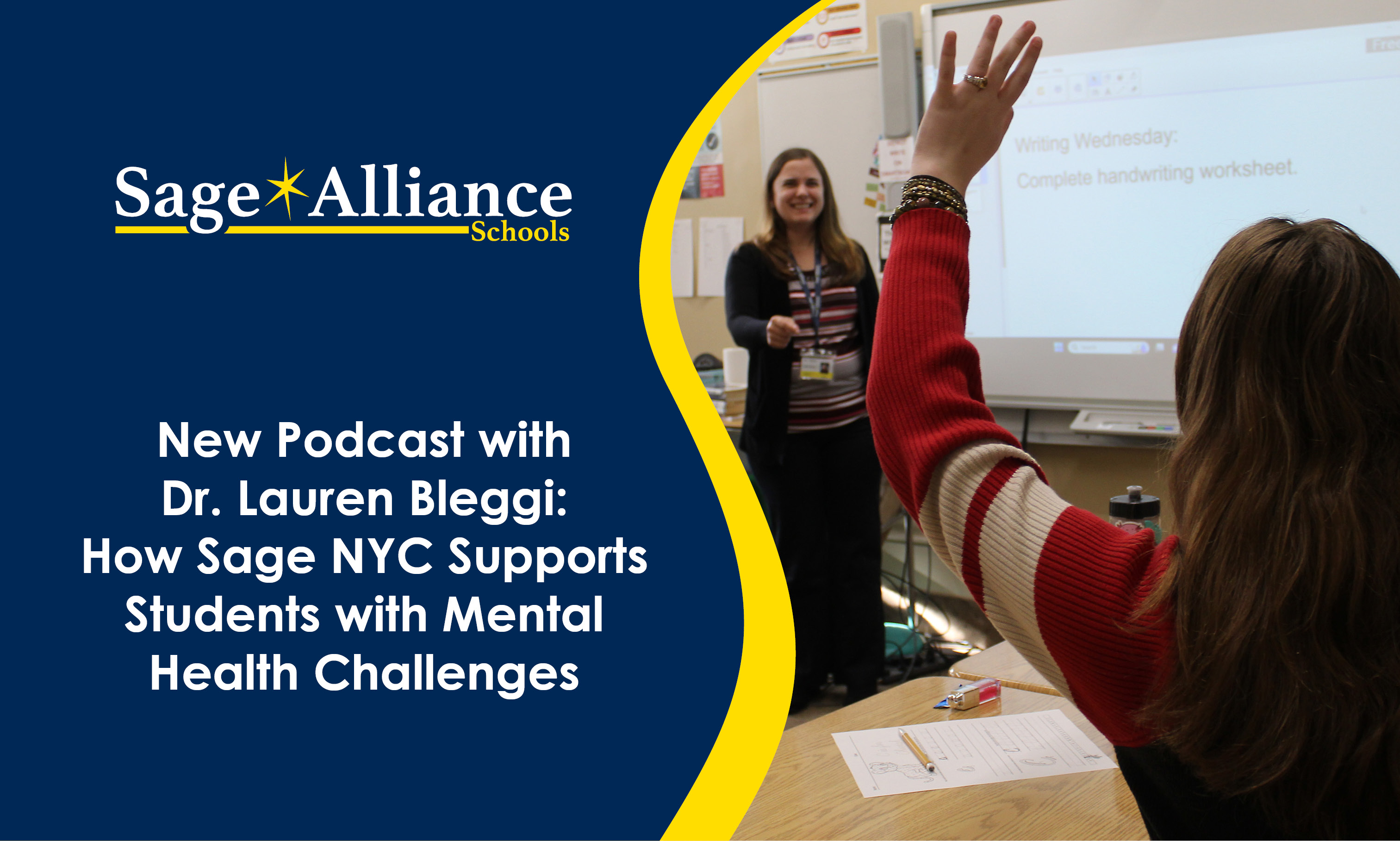Teenagers' Use of Social Media Results in Poor Sleep and Anxiety
Posted: February 18, 2016 | Written By: Justin Gerwick | Category: Teen Anxiety

By Yael Adler
There are many teenagers who feel like they need to be connected to social media 24 hours a day, 7 days a week. The pressure to make oneself readily available online results in teens getting less good-quality sleep than they require. Teens require deep stages of the rest cycle and REM sleep. During deep-sleep cycles, the body releases growth hormones essential for proper growth and development in children and teens.
In addition, during deep-sleep cycles, the activity centers of the brain slow down. These activity centers are responsible for decision making, emotional responses, and social interactions. Deep sleep stages are needed to help teens maintain proper social functioning, decision making, and emotional states when they are awake.
REM sleep stages help stimulate the area of the brain that is responsible for learning and mental abilities. Several scientific studies have shown that when someone is taught a new skill or learning concept, and then is later deprived of getting REM sleep, they are unable to recall what they had previously learned, after sleeping.
According to a recent scientific and psychological study conducted in September 2015, researchers evaluated 467 teenagers, ages 11 to 17, and their social media habits and how these affected their sleep schedule. The researchers inquired if the teens felt pressure to make themselves available on social media sites 24/7.
The results of this study showed this group of teens felt significant pressure to make themselves available on social media. As a result of this increased pressure, these teens were getting less sleep. When teenagers do not get the required amount of sleep, it leads to sleep disorders and increased risks for other problems, including:
-
Depression
-
Anxiety
-
Insomnia
-
Learning Disabilities
-
Problems Remembering Important Information
-
Acne and Skin Problems
-
Aggressive Behaviors
-
Restless Leg Syndrome
-
Narcolepsy
-
Diseases and Illnesses
-
Mental Problems
-
Schizophrenia
-
Weight Problems
Ideally, teenagers require between 8 and 10 hours of sleep a night. Part of the problem teens have in getting the proper amount of rest is a result of their internal circadian rhythms. During the teen years, our bodies’ circadian rhythms tend to shift forward. As a result, it makes going to sleep before 11 p.m. and getting up around 7 a.m. more difficult. A typical teenager’s circadian rhythm cycle is falling asleep around 1 a.m. and waking between 9 a.m. and 11 a.m.
Teens already have a hard time adjusting to school schedules, let alone the pressures of having to be connected to social media 24/7. As parents, it is highly recommended to restrict access to your teenagers’ smartphones, tablets, and other Internet-capable devices at least an hour before their bedtime. By disengaging your teen from social media, it can help them get a better night’s sleep and will keep them from being awakened each time their phone or tablet sends alerts because of updates on their social media sites.
Want to be notified of new articles and resources from Sage Alliance? Click here to submit your email and opt into our newsletter.









